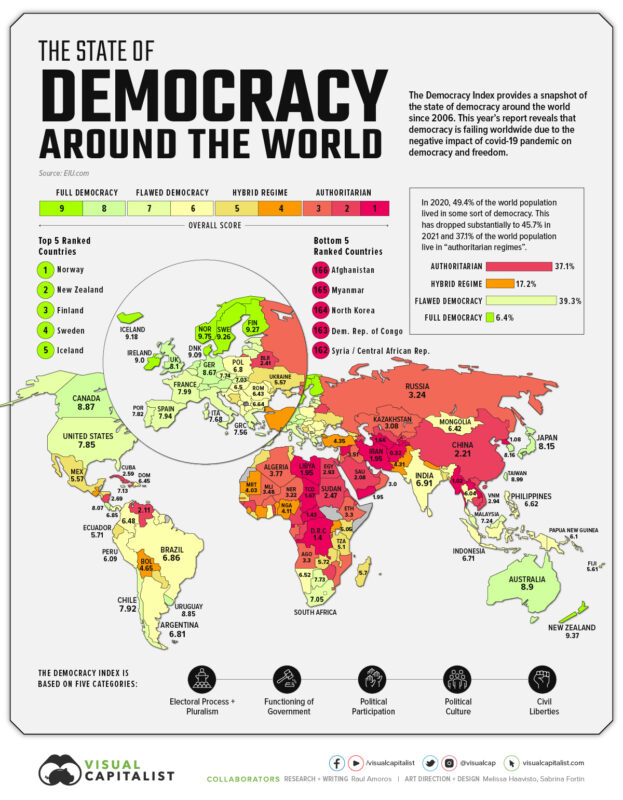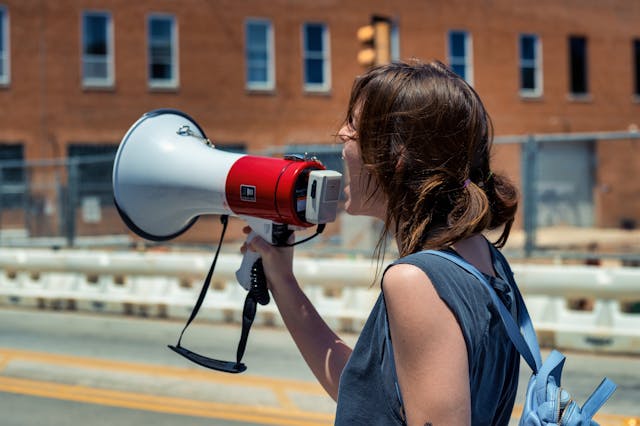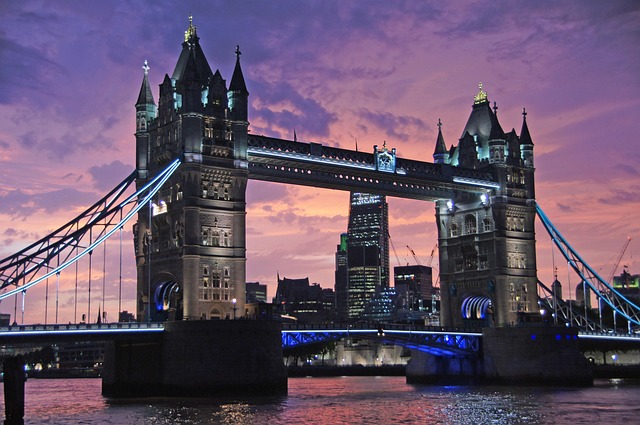
The concept of democracy is an interesting one to revisit periodically. What is considered important in a democratic society has changed throughout history. When modern democracies emerged after the American Revolutionary War, the focus was on the constitution. Today the constitution is not the most important validator (in many countries tt may be changed and revised), but it is the general elections that have somehow taken over the symbolism, reflecting Western democracy as one of its most important aspects.
There are a number of organisations that annually survey the state of the world, and based on specific data create various democracy maps, where you can see which countries are good and which countries are bad. These surveys are often similar and I have chosen Visual Capitalist as my source.
The Nordic countries always come out on top along with Canada, New Zealand, Australia, etc. Let’s take a look at the criteria that should be met in order to be in the democratic top list:
Full democracies are characterised by:
- Civil liberties and basic political freedoms are respected.
- There are functioning systems of checks and balances.
- There are limited problems in democratic functioning.
- The media are diverse and independent.
Most people can probably agree that fundamental freedoms are respected in Sweden, except perhaps for one specific objection. Economic freedom in Sweden is low because we pay so much tax. If you add up all the costs that the state, municipalities and county councils impose on citizens, you realise that there is not much left to play with. We have municipal tax, social security contributions, VAT, value added tax, petrol tax, tobacco tax, alcohol tax and much more. Yes, yes, many socialists mutter, but we get so much back, that’s not bad, is it? No, but maybe those are not the services that citizens want? After all, freedom is about the freedom to choose, and not to be led by a politician. Strangely enough, democratic models rarely take into account the economic freedom of a country.
It is also important that there are functioning systems for checks and balances. And since Sweden lacks a constitutional court and official responsibility, I don’t really understand how you get such high scores. The role of the Constitutional Court is to ensure that parliamentary bills comply with the constitution; it controls the politicians.
Whether there are limited problems in the democratic function is more difficult to say, but I assume that Sweden passes. There are certainly bigger problems in other countries.
However, in terms of the diverse and independent media, there is every reason to be concerned. If we didn’t have the internet, we would only listen to SVT, DN, SvD etc, and these institutions are anything but pluralistic. They report unilaterally from a left-liberal perspective and rarely challenge the established order.
If we go further, what characterises the flawed democracies?
- Elections are fair and free
- Fundamental freedoms are respected but may have problems
- There are problems with the functioning of governance
I would add problems with checks and balances and accountability. You only have to look at Sweden, but also at the EU, to realise that this is a huge problem, which is rarely addressed. However, the fundamental freedoms are respected in most countries, even in dictatorships, as long as you don’t oppose the government you are usually left alone. This is an important issue, but perhaps not as important as many would like to claim. And I guess a lot today is about how states treat homosexuals, migrants etc.
Then we have the hybrid regimes that are characterised by:
- Electoral fraud or irregularities occur regularly.
- Pressure is exerted on the political opposition
- Corruption is widespread and the rule of law tends to be weak.
- The media is subject to pressure and harassment
- There are problems with the functioning of governance.
I suspect that the US and many of the so-called banana republics would end up here on closer inspection. Election fraud and trickery have long been noted in the US, including how Lyndon B. Johnson came to power in the 1960s., but there are also current concerns about how their election machines and postal voting work, etc.
And finally, authoritarian regimes:
- Political pluralism is non-existent or limited.
- The population is ruled by absolute monarchies or dictatorships.
- Infringements and abuses of civil liberties and rights are common.
- Elections are not fair or free (if they take place at all)
- Media is state-owned or controlled directly or indirectly by the ruling regime
- The judiciary is not independent
- Criticism of the government is censored
This includes the Gulf States, perhaps also China and countries in Africa and the Middle East. Many would probably add Russia without thinking twice, but what about their pluralism? Are the elections flawed? Do we know for sure? If we look at the bigger picture, all the institutions are in place for a democratic system, whether they are used properly is another question. And the state-controlled media exist in more countries than just the dictatorial ones, I would say.
If we try to do a quick summary, I think a lot of these surveys are customised and based on a common perception. We can see this in the ranking of Sweden, which based on the set criteria objectively should have been ranked lower. Whereas a country like Hungary, where the traditional media is far more pluralistic than in Sweden, and where there is a functioning constitutional court, should actually have been ranked higher. But Sweden comes out on top because it is Sweden, while Hungary gets a slightly lower score, well, because it is Hungary.
What I think is clear is that many Western countries have more serious problems than we pretend, while a country like Russia may have fewer problems than we claim; for them it’s about whether the elections are rigged? Has this ever been proven, 100%, or do we assume it is? We know that Putin is very popular, especially among the middle and working classes. He would probably get many votes even in a completely free and general election. So why rig it, one might ask?
Then we have all the supposedly democratic European countries, where the parties pull in the same direction, and the real power is actually in Brussels, in an unelected Commission, which sets the agenda and proposes legislation. How many points does this really score in pluralism and functioning institutions, as well as checks and balances? Is this fair ranking?
The concept of democracy in the 21st century has become more farcical and propagandistic. We Westerners lift ourselves up, but are happy to push others down, even though we are equally poor. And the lies are bad, an alert 13-year-old can see through this. Unfortunately, the lies are important for our self-image and self-esteem, even wars have been justified on the basis of aspects of spreading democracy, which is why we cling to them.







